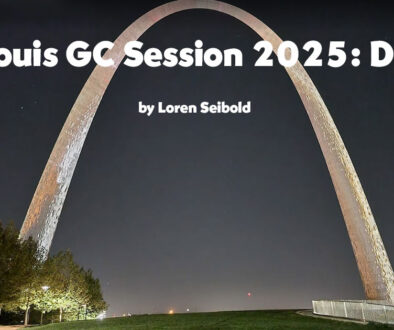Noted Protestant Author’s New Book is about the Sabbath
by Monte Sahlin
By AT News Team, February 4, 2014
One of the most widely read contemporary Christian authors, Walter Brueggemann has released a new book that focuses on the meaning of the Sabbath. In Sabbath as Resistance: Saying No to the Culture of Now, Brueggemann argues that Christians have distorted the meaning of the Sabbath with moralistic laws and arguments over whether or not a person should be able to play cards or purchase liquor on Sundays. These views, he contends, sap the life-energy out of the Sabbath, which is not about keeping rules but breathing new life and community into our anxious and competitive world.
Brueggemann speaks to a 24/7 society of consumption, a society in which we live to achieve, accomplish, perform, and possess. Keeping the Sabbath, he contends, helps people break the cycle of anxious acquisition and competition and opens them to new ways of living every day of the week. Although he ignores the Adventist concern with precisely when is the Christian Sabbath, his approach does connect not only with Sabbath-keeping, but also Adventist concern for health.
“In our own contemporary context of the rat race of anxiety, the celebration of Sabbath is an act of both resistance and alternative," Brueggemann writes. "It is resistance because it is a visible insistence that our lives are not defined by the production and consumption of commodity goods. Such an act of resistance requires enormous intentionality and communal reinforcement amid the barrage of seductive pressures from the insatiable insistences of the market, with its intrusion into every part of our life from the family to the national budget."
"Sabbath is not only resistance," he continues. "It is alternative. It is an alternative to the demanding, chattering, pervasive presence of advertising and its great liturgical claim of professional sports that devours all of our ‘rest time.’ The alternative on offer is the awareness and practice of the claim that we are situated on the receiving end of the gifts of God.”
Brueggemann is William M. McPheeters Professor Emeritus of Old Testament at Columbia Theological Seminary. An ordained minister in the United Church of Christ, he is the author of dozens of books and hundreds of articles. The book was published by Westminster John Knox Press, the publishing house of the Presbyterian Church (USA) in Louisville, Kentucky.
"There are many new books coming out on the topic of the Sabbath," a retired Adventist theologian told Adventist Today. "There is really unprecedented interest in the Sabbath both among Evangelicals and Oldline Protestants. I don't think Adventists have yet really figured out how to related to this."
This story includes information from the publisher's news release distributed by Religion News Services (RNS).



